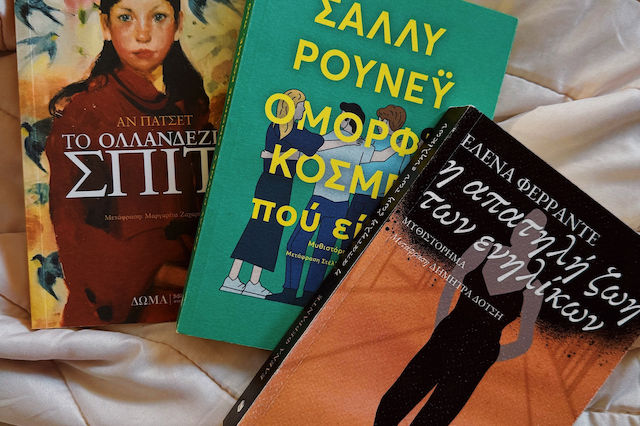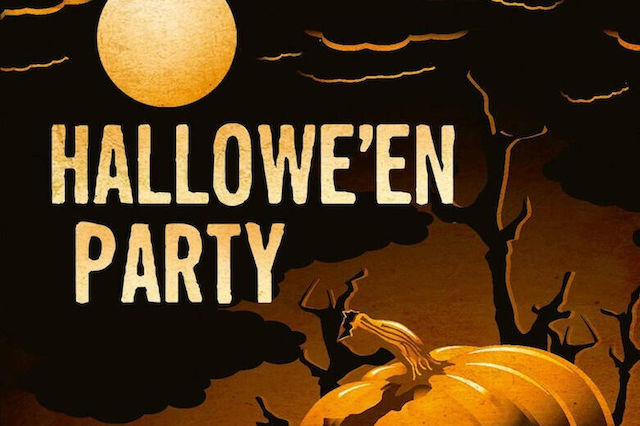Book Review: Pachinko by Min Jin Lee from Ikaros Publications
Pachinko by Min Jin Lee from Ikaros Publications
Yiongyang, Korea, 1911. In a small fishing village on the coast of the East Sea, a fisherman marries a fifteen-year-old girl. The poor couple brings into the world a daughter, their precious Sanja.
Sanja's unexpected pregnancy at the age of sixteen by a married man brings the family face to face with humiliation. However, Isaac, a young priest, gives her the opportunity to follow him to Japan and live together as husband and wife.
Sanja follows a man she has just met in a hostile country where she has no friends, no home, and cannot communicate with people as she does not know the language.
Thus begins the unique narrative of an immigrant family, spanning four generations and eight decades. Through desperate struggles and hard-won triumphs, its members remain deeply connected as they confront issues of faith, identity, and enduring survival.
Korea 1911: In a small village, a fisherman marries a fifteen-year-old girl. The couple soon brings a daughter into the world, Santza. Santza's unexpected pregnancy by a married man brings humiliation to the family, until the young priest Isaac offers to marry her and live in Japan. And so our story begins.
I'm sure many of you see this book and say, "It looks nice, but isn't it a bit too big?" or "Interesting story, but doesn't it become boring to deal with the generations of a family?" That's what I thought too, until I decided to give it a try and I didn't regret it.
Pachinko is a very special literary work that tells the story of a family from 1911 to 1989. It flows effortlessly, with simple and vivid writing, and while the plot progresses at a steady pace, it certainly doesn't tire or become monotonous. Through its various chapters, we see the difficulties this family faced as immigrants, with the main theme being racism, while of course dealing with issues of survival, uprooting from their homeland, loss, faith, and family.
"And patriotism is an idea like capitalism or communism. But ideas can make people forget their own interests. And those in power will exploit people who have excessive faith in ideas." But I think what I loved most about this particular book were the characters. Such great work had been done in creating them that the reader could understand them, sympathize with them, feel them, and "hurt" for them.
I should add that it's not one of those books with a fast-paced plot, nor one with a climax. But that's its charm. I found it realistic in every aspect, analytical and enlightening since I had minimal knowledge of the history of Korea-Japan. When I finished it, I had a sense of fulfillment (if that makes sense), and I felt that in some way, I lived the characters' lives alongside them. If that doesn't show the author's talent, then I don't know what does.
In summary, I would definitely recommend it. It is a satisfying, deeply human novel that will stay in your heart for a long time.






Be the first to leave a comment!